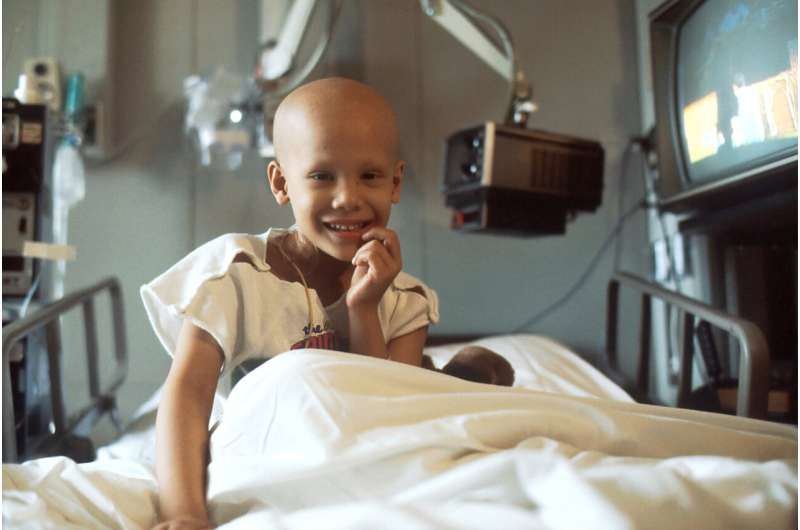Educational Support Crucial for Young Cancer Patients, Study Reveals

A recent study highlights the critical need for scholastic support for young cancer patients, emphasizing how educational engagement provides motivation, empowerment, and enhances mental well-being during treatment.
Research conducted by UF Health Cancer Center highlights the significant importance of scholastic support for adolescents and young adults (AYAs) battling cancer. The study emphasizes that maintaining academic engagement can serve as a vital source of motivation and empowerment during treatment, positively influencing their mental well-being and overall quality of life.
Presented at the 2025 Annual Meeting of the American Society of Clinical Oncology (ASCO), the research identified four critical areas where support is necessary for young cancer patients: assistance with securing school accommodations, support in continuing extracurricular activities that influence identity development, help in managing disruptions to their educational and career paths, and maintaining peer connections.
Lead researcher Dr. Carla L. Fisher explained that these support gaps are universally recognized by patients, families, and healthcare providers alike. She pointed out that scholastic opportunities foster a sense of purpose and independence, which are essential aspects of a young person's development. Despite potential pauses prompted by treatment, both parents and AYAs expressed a strong desire for supportive care that eases academic and career-related stresses.
The study underscores that cancer diagnosis can derail typical developmental trajectories, presenting long-term mental health and financial challenges. However, addressing academic needs early on can help mitigate these adverse effects.
To deepen understanding, researchers compared the perspectives of young patients, their parents, and clinicians involved in adolescent and young adult (AYA) oncology care. This multi-stakeholder approach enables a comprehensive understanding of their support requirements.
Furthermore, the research team, including Dr. Raymond Mailhot, is pioneering efforts to treat scholastic performance as a key metric in cancer survivorship. They are leading the first initiative in the U.S. to link patients' medical records directly with academic performance data from school districts, aiming to improve supportive care strategies.
This research advocates for integrating educational support into cancer care protocols, acknowledging its role in fostering resilience and successful long-term outcomes for young patients.
Stay Updated with Mia's Feed
Get the latest health & wellness insights delivered straight to your inbox.
Related Articles
England Launches Pioneering Gonorrhea Vaccination Program to Combat Rising Cases
England has launched the world's first routine gonorrhea vaccination program in response to rising cases and antibiotic resistance, aiming to reduce infections significantly.
RFK Jr. Calls Off Critical US Health Panel Meeting Without Notice, Sparking Concerns
U.S. Health Secretary Kennedy unexpectedly canceled a key preventive health advisory panel meeting, raising concerns over political influence and the future of science-based health policy in the United States.
Breakthrough Study Identifies Distinct Biological Subtypes of Autism for Personalized Diagnosis and Treatment
Researchers have identified four biologically distinct subtypes of autism, driving advancements in personalized diagnosis and treatment options for neurodevelopmental conditions.
Discovery of a Key Receptor That Enhances Bone Strength and Regeneration
Scientists at Leipzig University have identified a key receptor, GPR133, that enhances bone strength and promotes regeneration. This discovery opens new possibilities for osteoporosis treatment and improving musculoskeletal health in aging populations.



